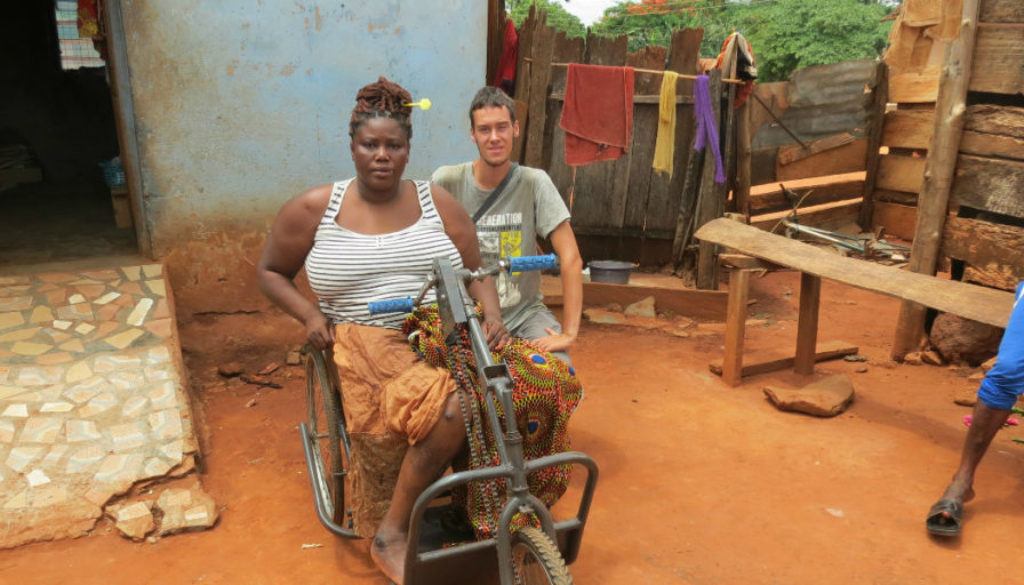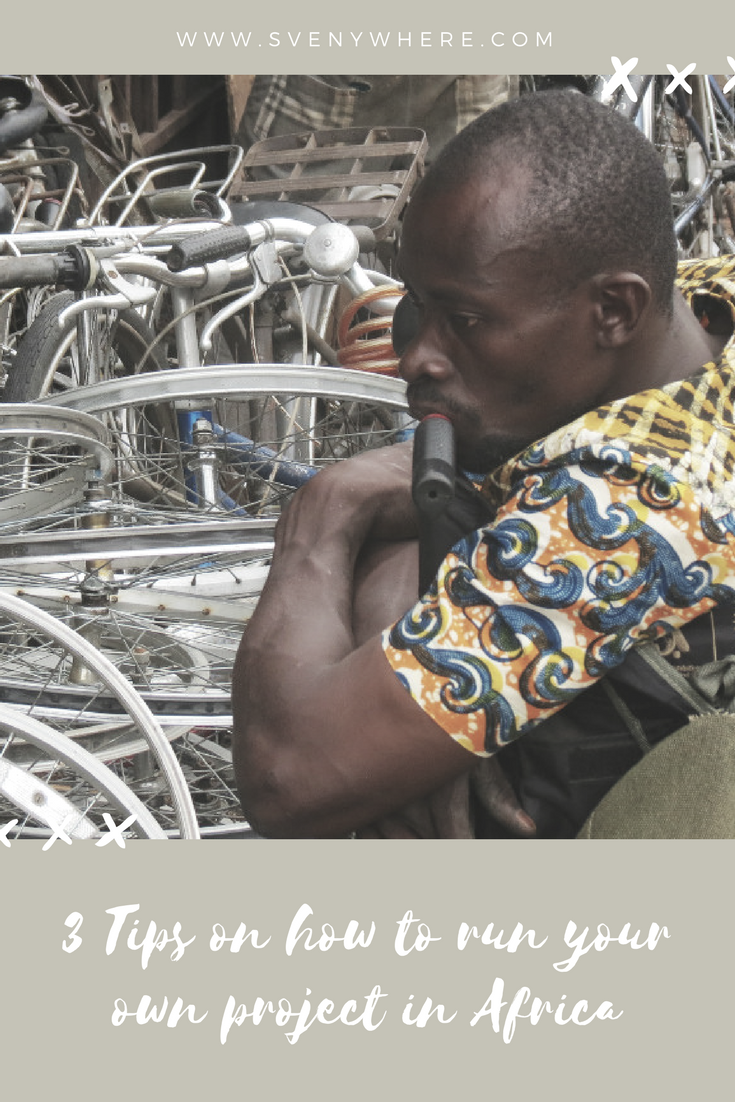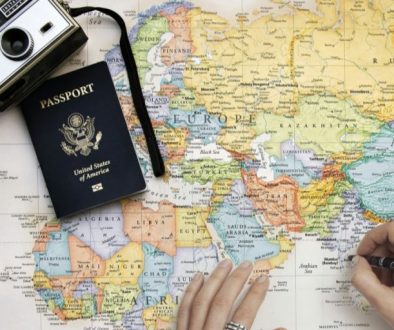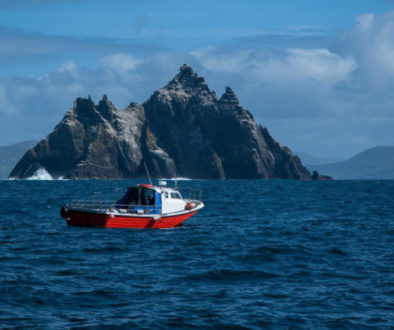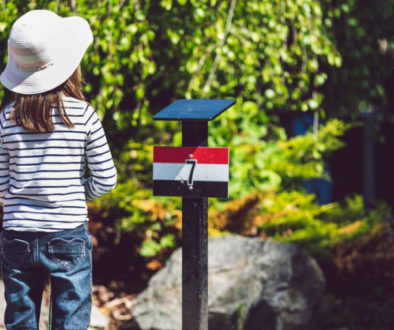In Ghana I did basically two projects. One was a research about how NGOs can work together with corporations, and the other one was about an amazing guy, Ameyaw, in Nkoranza who is making tricycles for other disabled people. The problem with Ameyaw was that his business wasn’t sustainable so my task was to figure out if there is a sustainable business model for such a business. Here are some things I have learned during this time.
1. Be flexible
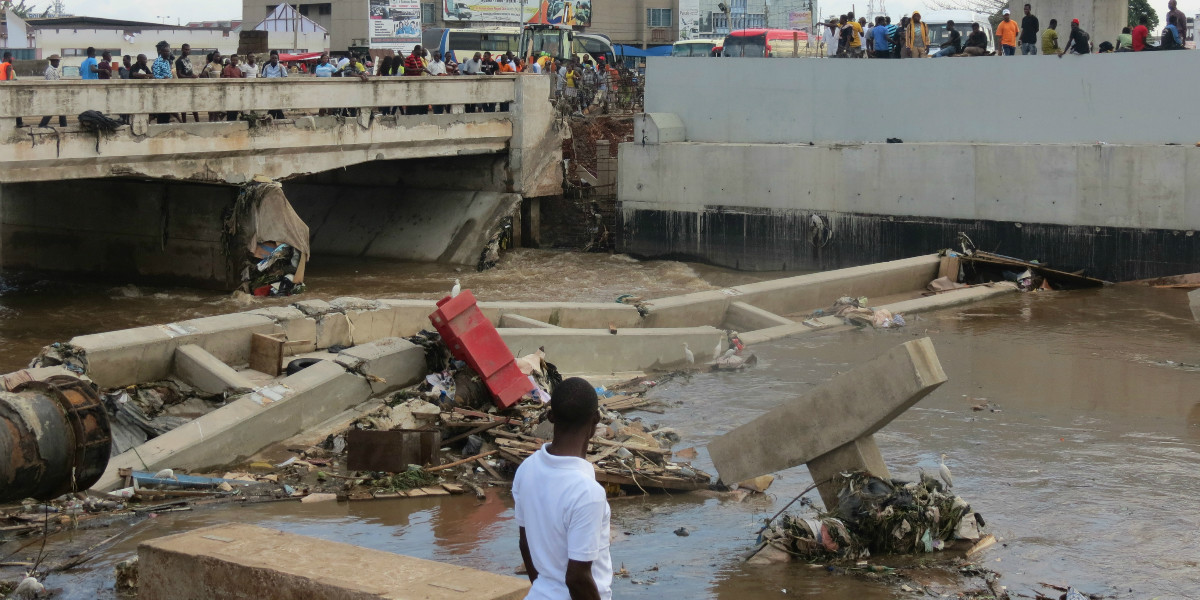
New bridge collapsed due to floods
One of the most important things is to be flexible. Not only because I was dealing with two projects also because you just never know how things are working out. I had to change my research plan, instead of a case study I had to arrange interviews. During my interviews I had floods while I was in Accra so a lot of the interviews got cancelled as well. You can never be flexible enough.
2. Build trust
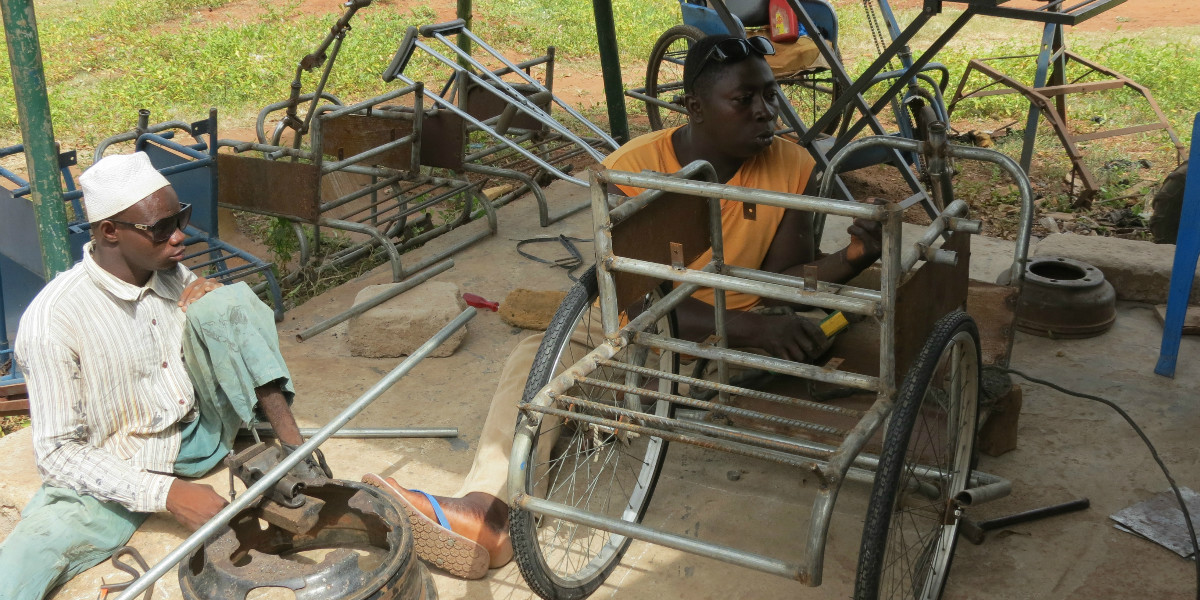
Building tricycles
In the Netherlands we are very direct. If we have a new project we start immediately with the task and we trust in each other expertise. This doesn’t work in every country. You shouldn’t forget how important it is to build up some trust before you start with the problem you came for. My first two weeks was just hanging around with Ameyaw to learn about his business and him as a person. After the trust is established you can slowly move on and discuss about your observations and tasks.
3. Be creative
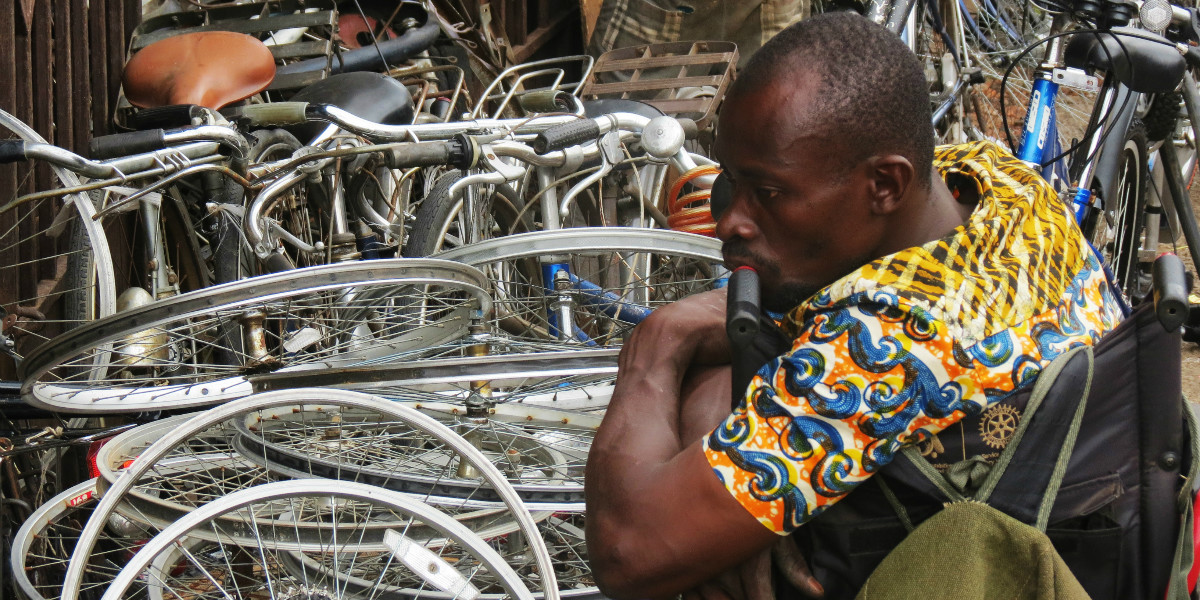
Shopping for parts
Standard solutions that you learn during your university or in your professional life don’t work in places where resources are limited. For example to reduce the cost price of the tricycle, we travelled together to Kumasi and just went out for shopping. During the shopping we talked with the shopkeepers, exchanged telephone numbers and asked them if they could send their parts by the local bus to our village. This saved Ameyaw in the end 14% on the costprice of his tricycles.
4. Network

Interview in Ghana
Where normally our networks are quite small and we can easily extend our network online, this doesn’t completely work in African countries. Of course a lot of my first interviews were arranged by just sending out e-mails to organisations. However especially in those countries people know people who know people who know some other people. So after an interview and ask if they know some more people who could be relevant is a great source of information. But also asking Ameyaw if he knows someone who is working in a bank and who can help us with the subsidising part. Maybe they don’t know anyone directly but they will always have some contacts by some other friends or family members, just keep asking people.
5. Enjoy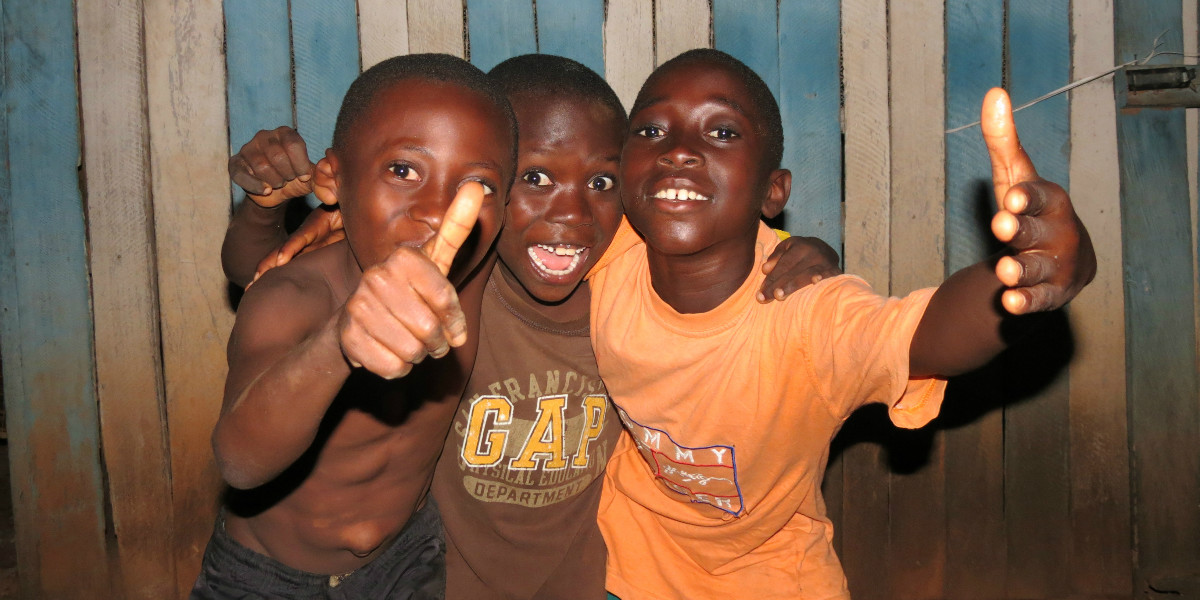
Most importantly don’t forget to enjoy your time abroad with such an amazing project. You don’t have the chance that often that you will spend your time with local people that close. I have been to a wedding in Ghana, I have celebrated my birthday with locals, been to community meetings and have visited places where you normally wouldn’t come as a tourist. This was all not possible if I didn’t have this project.

